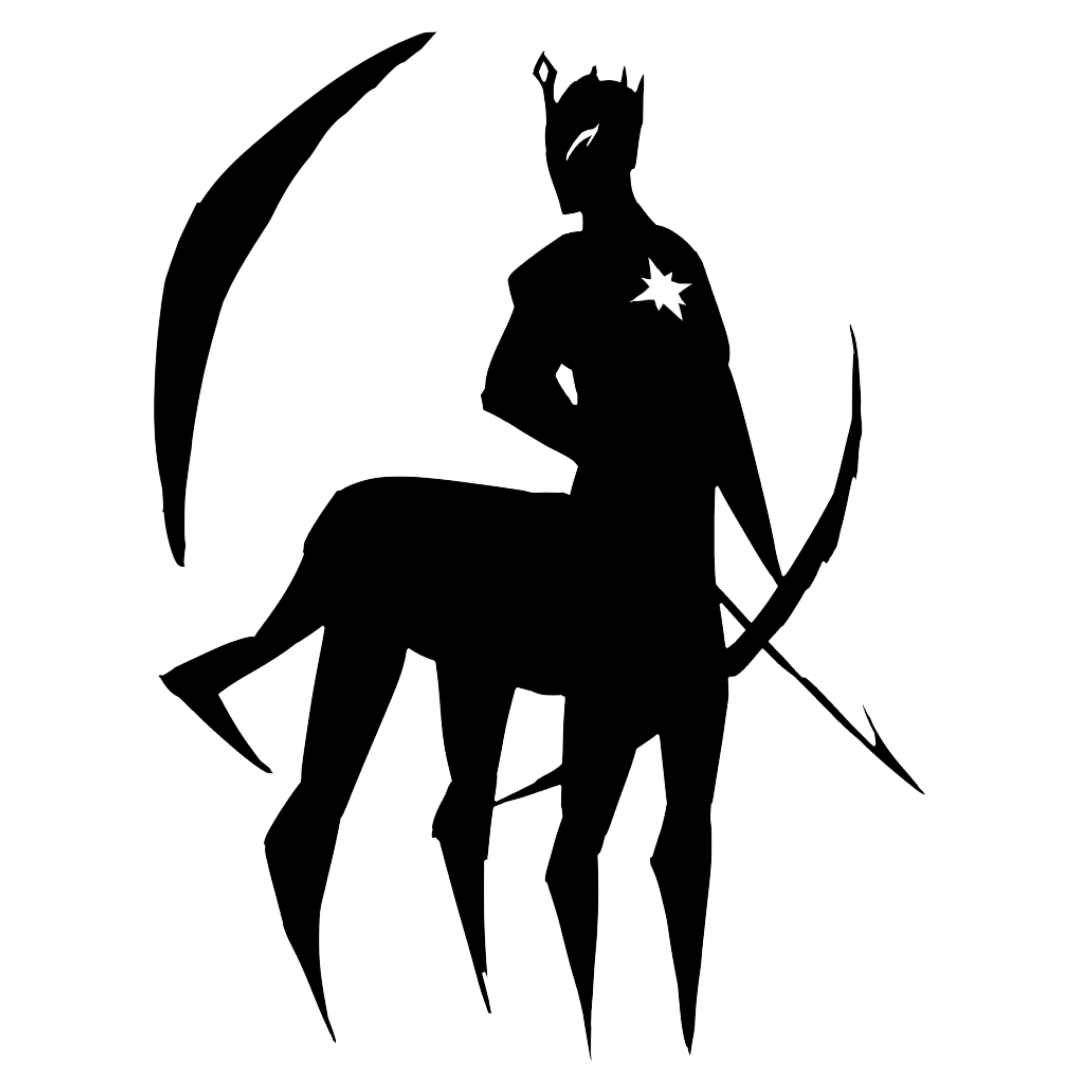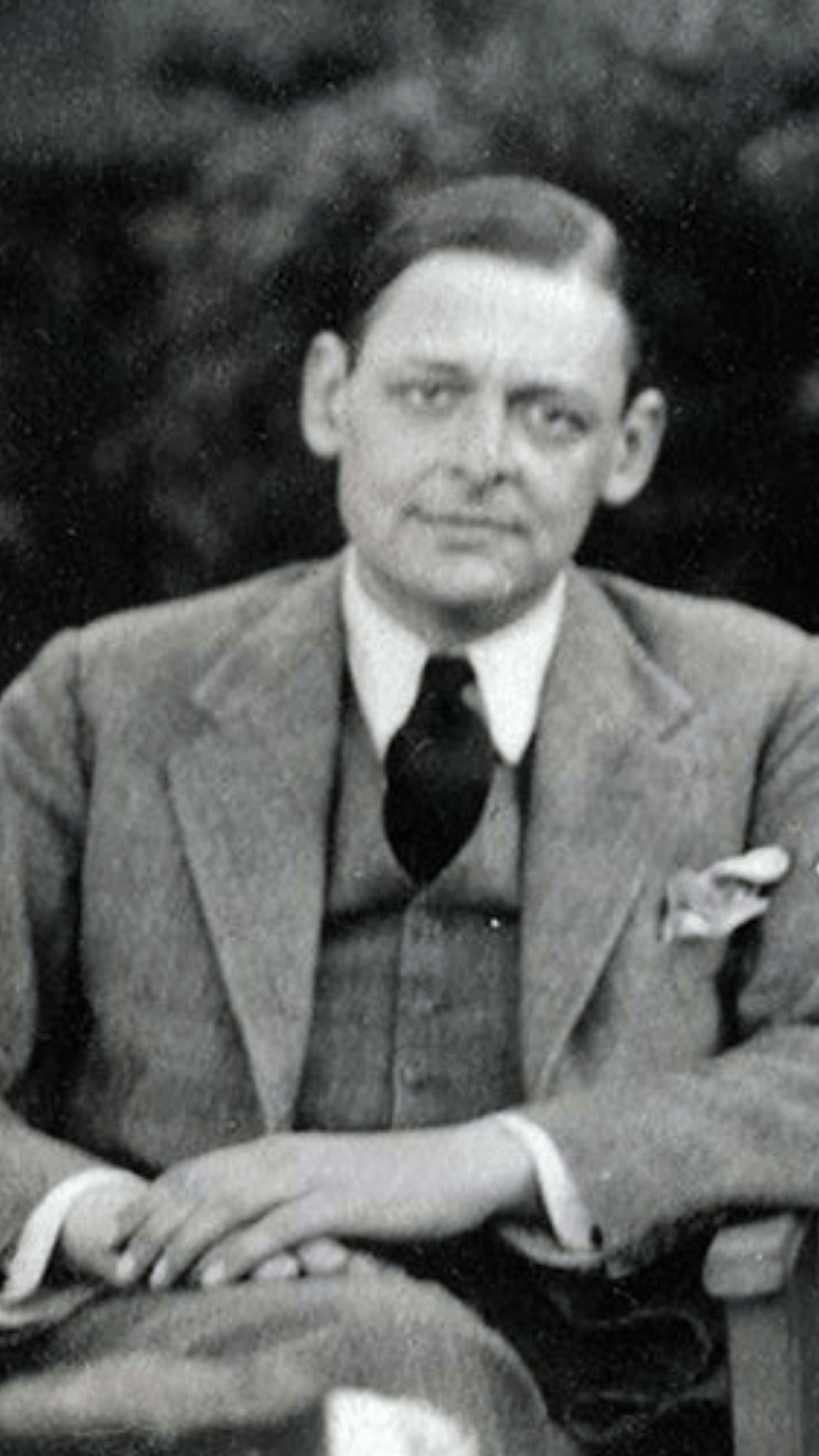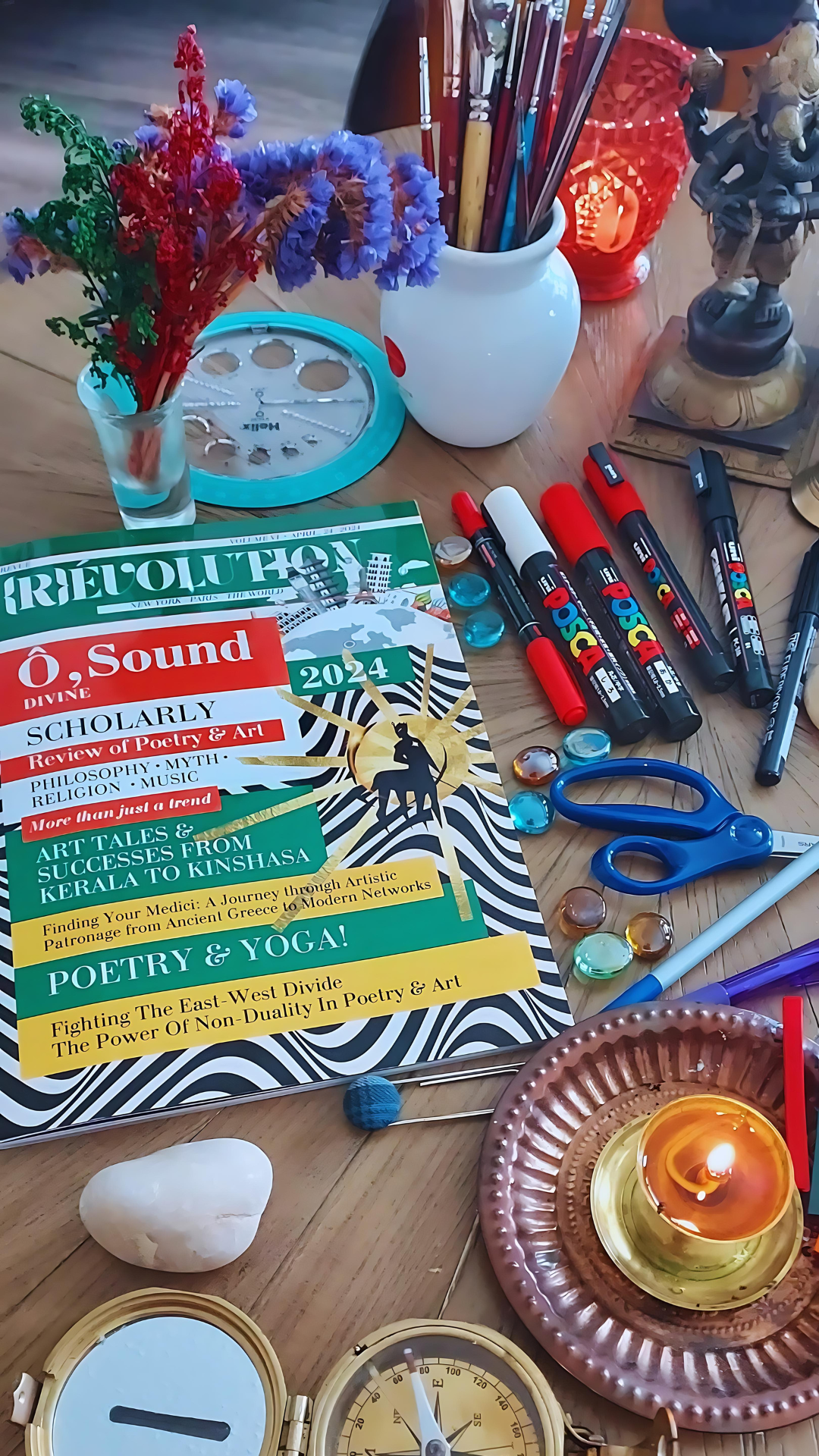HARMONY IS THE FIRST ASPECT OF REALITY
Don't you feel better now?
Are you curious, sensitive to the expression of wisdom and beauty: nature, myth, music, art, metaphysics or philosophy? Do you love Poetry and Her perfume of mystery? Do you think in sonnet or catch music in common parlance or in your thoughts?
Or maybe you are fluent in Poetry and cannot explain this to other humans who find it cryptic. You know there is Meaning in everything although your rational mind has no proof. You long for something higher in life, and unknown.
"Concerned with the depth and breadth of your being in the world," (Heidegger) the minute exploration of the self inspires you and you won't settle for less than the absolute.
Congratulations. Sattva might be ruling over your life. For a while.
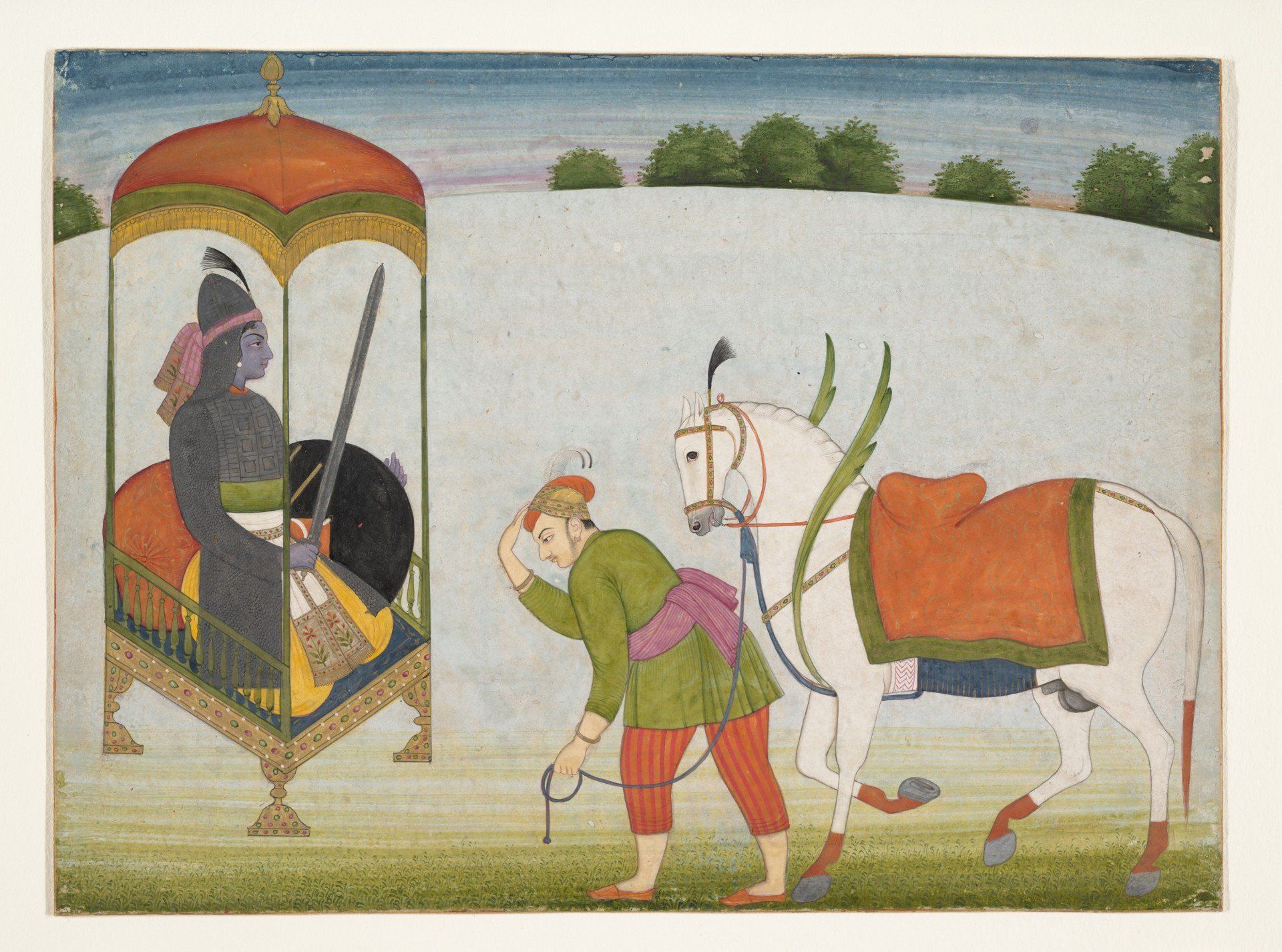
Kalki
A symbolic representation of Vishnu's last avatar, a protector of Dharma, that which sustains life
Button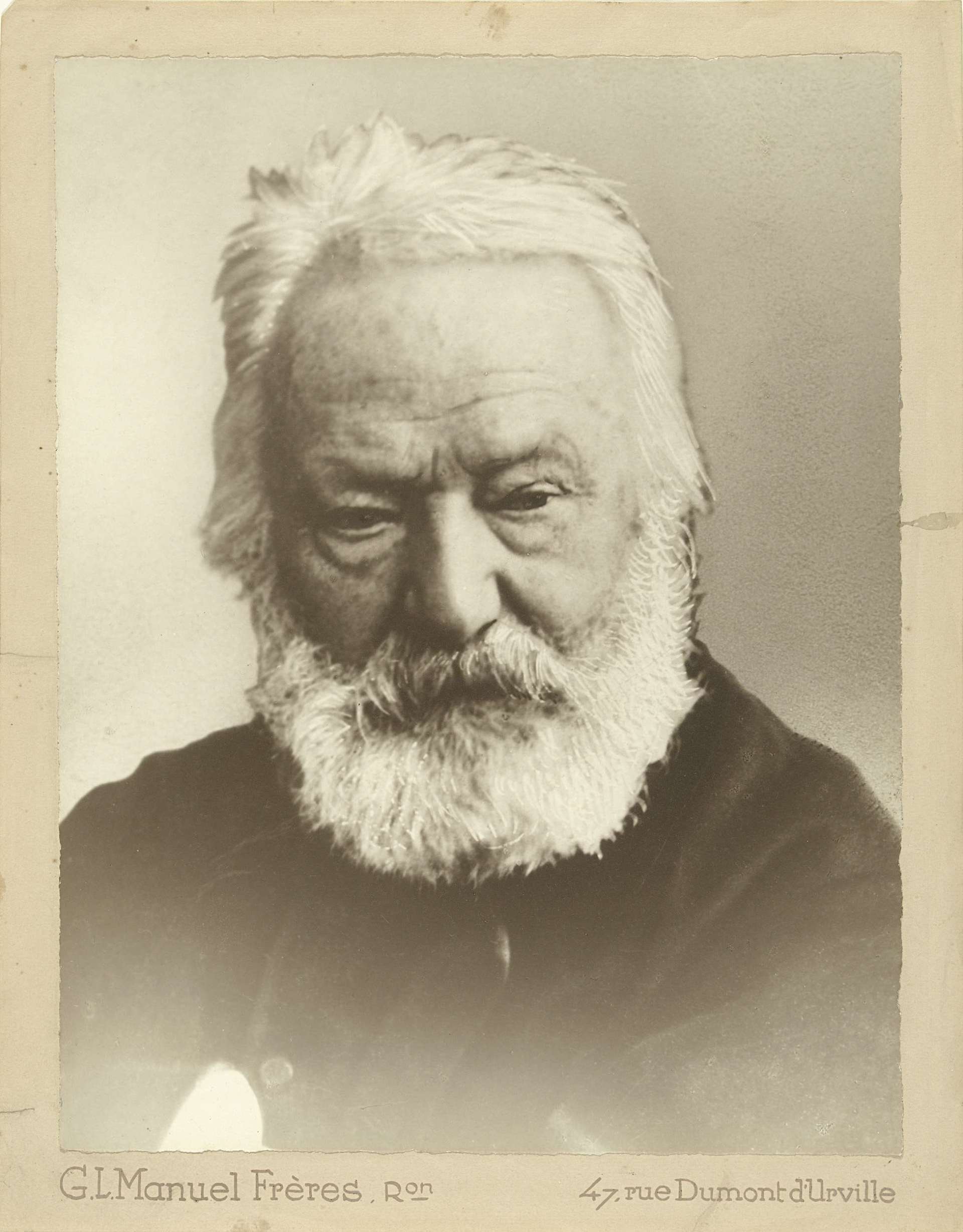
Victor Hugo
A Poet and a visionary, authored "La Légende des Siècles", an epic poem describing human evolution in symbols, based on the Bible
Button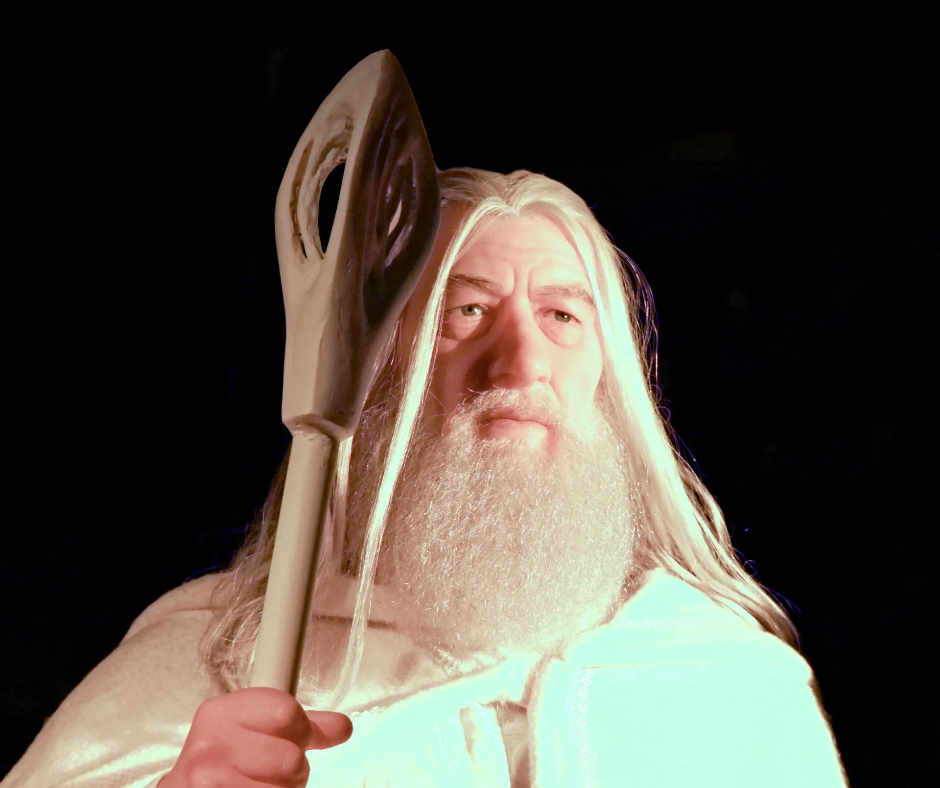
Gandalf
Tolkien's Gandalf in the traits of Sir Ian McKellen, a western reminiscence of the Guru in pop culture
Button
Sattva is Poetry
Samkhya philosophy is an Indian metaphysical system which observes and analyzes Reality with reason. Harmony– Sattva in Sanskrit–is the first force aspecting nature or consciousness. Sattva is Clarity-Knowledge-Truth.
To dominate our experience of consciousness, which is one with nature (prakriti), Sattva competes with two other aspects of Reality; Rajas (passion-dynamism-emotion) and Tamas (confusion-obfuscation-ignorance). Sattva, Rajas, and Tamas are gunas, qualities of the world manifest.
In its practical sense, the word "guna" describes the rope of an arc, the string of a musical instrument, or the thread of a necklace. If you mole over the arc, music, and the necklace, you will instantly know what Poetry is, where and why it springs, and what it looks like.
Poetry is the conscious process through which Beauty is born into the world.
Sattvic wisdom in French poetry
"The old man who returns to the first source
Enters the eternal days and leaves the changing.
And one sees flames in the eyes of the young,
But in the eye of the old man one sees light."
***
Victor Hugo
*** translation: M. Mobengo
See this blog post on translation errors in
Boaz endormi [link]
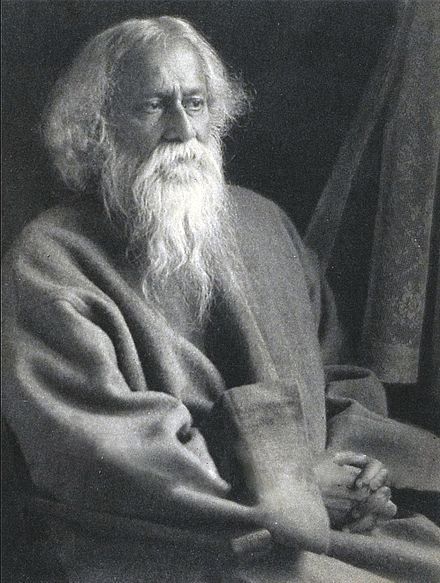
"Truth reveals itself in beauty. For if beauty were mere accident, a rent in the eternal fabric of things, then it would hurt, would be defeated by the antagonism of facts. Beauty is no phantasy, it has the everlasting meaning of reality. [...] This is the poet's religion."
RABINDRANATH TAGORE
Bengali Polymath & Mystic
Creative Unity, 1922
"Poetry is not a turning loose of emotion, but an escape from emotion; it is not the expression of personality, but an escape from personality. But of course, only those who have personality and emotions know what it means to want to escape from these things."
T.S. ELIOT
American Poet, Polyglot & Literary Critic
Tradition & Individual Talent, 1929
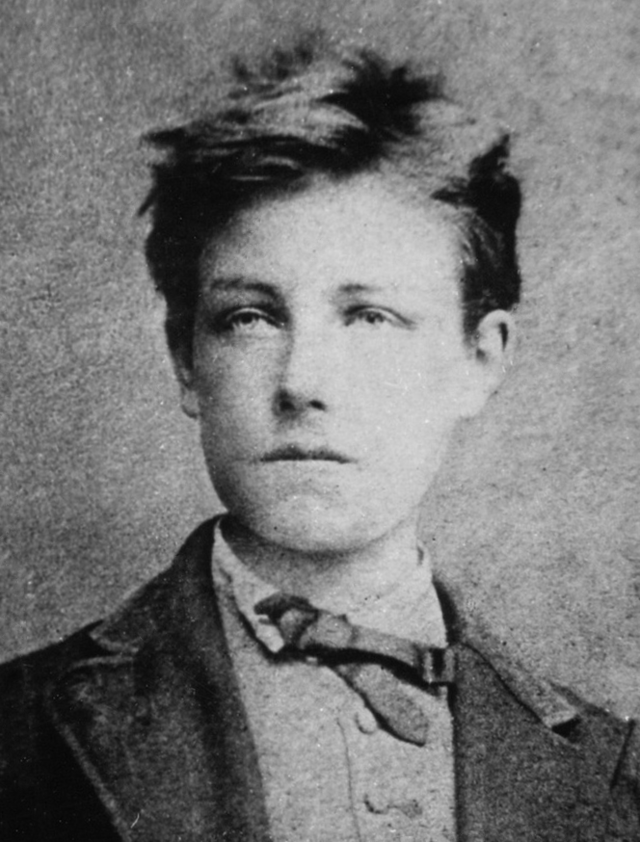
"Your subjective poetry will always be horribly insipid. I want to be a poet, and I work hard to make a seer out of myself. I is another."
ARTHUR RIMBAUD
French Poet & Literary Critic
Les Lettres du Voyant, 1871
What's fascinating with the gunas is how they act, what they mean, and how they forge our perception while we are not aware of them.
If you realize your volition is not your own, and unknown forces control your actions in the shadow, wouldn't you investigate, expose them, and liberate yourself?
Poetry is the outcome of an intense introspective experience. Why do we introspect? To share our thoughts and intimacy with others so they can validate our existence? Or to become aware of what lurks in the shadows of our triple-layered psyche, and vanquish the dark?
Each time I engage in meaningful conversations with Poets–and Artists who treat their Art as Poetry, they all come up with the same conclusion: Poetry sheds a light on some dark area of their psyche and such process is surprising, delightful, and elevating.
Poetry is light, awareness. So Poetry is sattvic.
Revue {R} publishes sattvic poetry, not texts that are trapped in Tamas, the last aspect of Reality. Tamas is confusion and absence of transcendence.
Poetry is both the means to access the absolute and the experience itself. Fellow Norse Poet Sturluson knew. A reason why he made Odin the God of Skald: Poetry.
You know who Wotan/Odin is, dont' you? A fierce deity who inspired Wagner and Tolkien's Gandalf. The ambiguous god presiding over Valhalla.
Odin, like any other divine archetype, is a sattvic personality. Here’s proof if you need any.
Odin, propitiation, and Poetry
One unfortunate day, says Poet Snorri Sturluson, the Vanir gods, who were obviously prone to episodes of uncontrollable anger, decapitated Mimir, a mysterious giant guarding the well of cosmic wisdom.
All-Father Odin's path crossed Mimir's many times. A long time ago, Odin wanted to divine all the secrets of the universe. So, to have a sip of infinite wisdom, he plucked his eye and sacrificed it to Mimir at the foot of the world-tree Yggdrasil.
When Odin heard the news of Mimir's decapitation, he chose not to retaliate, rather, he grieved religiously.
All-Father took the giant's head to his palace in Asgard and within the celestial walls of the universe, bathed the lifeless; with precious perfumes, fragrant herbs, mystical chants and whimsical gestures. There, in front that pedestal, Odin resuscitated wisdom until Ragnarok, the end of wisdom.
Poetry, the means to access the absolute and the experience itself.
If you’ve ever attended a puja, or any ritual to connect with the Absolute, you know how poetic they are. Interesting fact: no one bridges poetry in religious rituals with Poetry. Maybe because religions became political monsters and politics desecrate the very thing it is supposed to guard: Life. Maybe because religions are man-made, and man is prone to oblivion. Not the Self.
The first time I read that story about Odin and Mimir's head, I thought about my first experience attending a puja, a hindu ritual of propitiation. Hinduism is a dense philosophical tradition dating back circa 2600-1900 BCE which kept its many religions and school of thoughts alive through prodigal storytelling and lavish rituals.
During temple ceremonies, the Hindu priests invite a deity to dwell in a statue, a painting, a picture, or an artefact through a "pran pratishtha," the settling of breath. Anyone, brahman or bhakta, priest or devotee can propitiate the aspects of the Divine with flowers, fruits, dairies and mystical poetry to protect the mind ("mantra"). The more complex and austere ("tapas”) the ritual, the greater the rewards in wisdom.
Odin obviously performed a puja. Why? I guess he suffered from intermittent episodes of ignorance. Odin would forget his own nature. He needed these rituals as a keepsake and a cure. When timeless awareness is who you are, ignorance is too much pain to bear.
What’s Poetry go to do with it?
Deep within ourselves, we know what Beauty is. We know how enlivening She is and we know when, how, or why we choose ugliness. Ugly is easy. Ugly is fear. Ugly is chaos. Beauty is cosmos.
Ugly flatters the self. Beauty emanates from the Self. Beauty is a universal experience, so She shatters the boundaries of individual perception, and is demanding.
There is no self in Mona Lisa or the Vitruvian Man, there is Self. Only that Self transcends time. There is no self in The Waste Land or Le bateau ivre either. Or just a tiny bit.
Where’s the self in masterpieces? Nowhere to be found.
When the self disappears, Beauty appears. If you want Beauty manifest in your Poetry-Art, the little self has to vanish.
I am certainly not talking about suicide or self-loathing or harm.
Our lives are precious and witnessing so many depressed poets and artists hurting themselves over the ages is a shame, not a fate.
I am talking about l'effacement de soi, self-effacing, a conscious creative process to give birth to Beauty-Truth and become a vessel for it in our craft and life.
Sattva is enlivening. It is the force behind Poetry and Poetry is the conscious process through which Beauty is born, seen, acknowledged, experienced into the world.
Poetry may be superior to Sattva, though, as She reunites opposite dimensions in ourselves and does not compete with anyone. Poetry simply is.
No masculine/feminine, dark/light, collective/individual dichotomy in Poetry. Poetry merges opposites into Oneness.
That’s Poetry.
Poetry-Art is not about abuse, narcissistic wounds, feminism, masculinism or social justice.
Poetry-Art is how we transcend them. Poetry is way above them.
Poetry is triumph.
Triumph is for the Gods. The Gods are the absolute. Victimhood is relative, not divine.
Let me repeat this: Poetry is a conscious effort to reconcile paradoxes within ourselves, a conscious effort guided by a vision. Because it is conscious introspection or extrospection, Poetry strives to give shape to consciousness, and creates awareness.
Blake wrote about this, Rimbaud wrote about this, T.S. Eliot wrote about this. Poets who channeled our sacred books knew this and passed that knowledge onto us through myth.
Why do we keep forgetting this?
Poetry is wisdom.
Like it or not, old souls, the ones who have lived and loved and thought much tend to be magnificent Poets.
Yes, young souls often reside in old bodies. We all need time, some say many lifetimes to mature, which is why old souls can dwell in young bodies. I know a few myself. Their lives are immensely poetic and they are not even writing poems or painting on canvas, yet.
"Old soul" here is just another phrase for amassed experience and has nothing to do with the age of the body.
Wisdom is born out of conscious experience and poetry is the language of consciousness, awareness, the absolute, a reason why only a few are fluent in it .
But Poetry is also...
Austerity and ekstasis.
Experience is knowledge. Knowledge conjures work, constraint , restraint, austerity , trial and error and trial and error and trial and error again and again until Knowledge transforms us, changes our perception deeply.
Until our chants bring life to the lifeless, Beauty to ugliness, and Wisdom shatters ignorance.
Until wisdom, beauty and knowledge are left with no choice but to dwell in us. Until our work becomes a prayer to the Self, the absolute, oneness, Life.
Poetry-Art results from work, authenticity, being genuine, earnest. Poetry-Art is the only domain of experience where you cannot fake it until you make it, although a lot of us try and only succeed in being fake.
The Self has many names, but only one face, only one song. That face is Beauty. That song is Poetry.
Revue {R}évolution publishes such Poetry-Art. The song of the Self transcending.
Revue {R} does not make any distinction between Art and Poetry [a common error due to Greek/Sanskrit illiteracy and ignorance of ancient Greece history and philosophy I will address in part II].
The song of the Self transcending is Poetry. The dance of the Self transcending is Art.
Here is a reminder of what Beauty is and how it connects with Poetry and Art. As Revue {R} just published its beautiful spring issue and will intensifiy its effort in Beauty or Sattva even more in 2023, those things needed to be said for our readers, for the Poets and Artists we love and choose to publish.
Long live the INNER revolution.
Murielle Mobengo
Editor-in-chief
Comment this article on YouTube!
Be courteous & relevant. Thank you.
Read Revue {R}évolution


